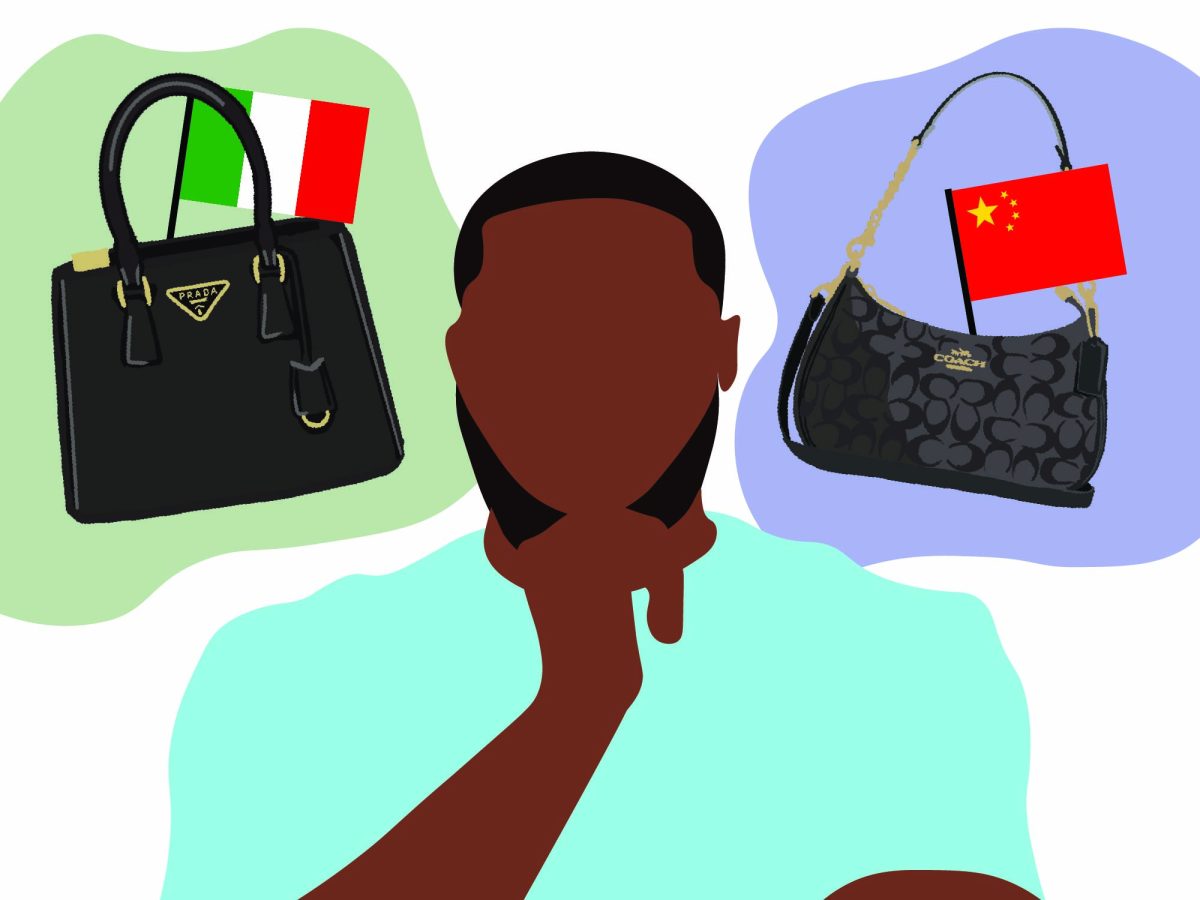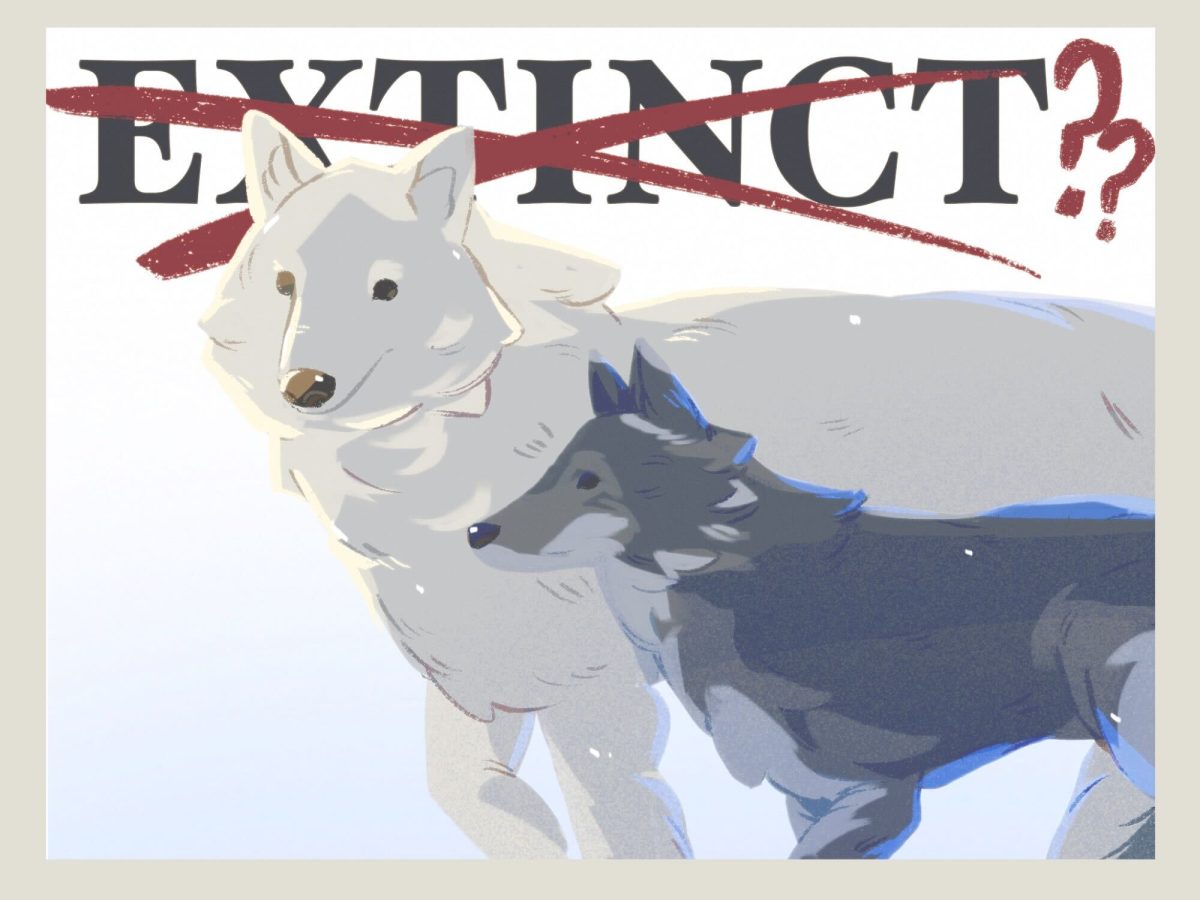This past weekend was the first weekend of the annual Coachella Valley Music and Arts Festival. Held in California, the festival has become known for its celebrity attendance, fashion trends and that big Ferris wheel — can someone let me know if people can actually ride that? Is it just for display? I demand answers!
I feel like an old woman who gets easily bothered by current trends when I express my feelings about Coachella, but the truth is, I cannot stand it. Whenever the festival rolls around, I get incredibly annoyed with all the tweets, Instagram posts and Snapchat stories. I used to be unsure of why exactly I disliked the festival so much, but as I have gotten older and more socially aware, I think I have it figured out.
This isn’t an attack on the type of people who go to music festivals or music festivals themselves. I love the concept of a music festival. I haven’t been to many, but the idea of people coming together to enjoy a weekend of music and friends is definitely something I support. However, I think in the midst of this carefree atmosphere is where Coachella goes wrong.
Coachella and its attendees have received various criticisms over the years for its almost in-your-face appropriation of Native American cultures. In 2014, the festival allowed attendees to rent colorful teepees to camp out in. That year also featured a number of attendees, including Victoria’s Secret model Alessandra Ambrosio, who donned traditional Native American headdresses.
Similarly, the bindi, a traditional South Asian cultural symbol, has been the choice accessory of many celebrities at Coachella and other similar festivals.
People have discussed the problem with wearing these cultural symbols as mere accessories for years now. It even inspired a Tumblr blog entitled “White People Wearing Headdresses.” To put it simply, taking one culture’s sacred symbol to use for one’s own purposes is offensive.
These symbols exist for a reason, and wearing them casually to appear edgy or cool is simply ignorant. And Coachella, an event that feeds off of people’s desire to look effortlessly trendy and earthy, is a cesspool for this type of behavior.
People, myself included, love the combination of self-confidence, self-expression and angsty teenage rebellion. Frankly, we eat it up. This is part of the reason why I think Coachella and other music festivals have become so popular.
Modern festivals draw much of their aesthetics from 1969’s Woodstock Festival in New York. Combined with the current events of that time, namely the civil rights movement and widespread protests against the Vietnam War, the drug-filled festival became a symbol of the hippie counterculture and the revolt against the establishment.
Coachella has tried to establish this feeling of camaraderie for its attendees by creating an opportunity for individualism. However, this individualism is not fostered through a straight-up rebellion like Woodstock, but instead through a space in which people are allowed to be themselves without judgment.
It sounds nice on the surface, but Coachella has turned itself into a bubble separate from the real world, where celebrities and other attendees do not get reprimanded for their actions because they are merely expressing themselves — even if that expression is offensive to other people. This is the core of why I cannot stand Coachella. It has good intentions but has instead become a catalyst for entitlement.
Perhaps Coachella’s influence would be different and less intense if so many public figures and celebrities did not regularly attend. But they do, and with them, they bring tons of influence on upcoming trends.
One of the most popular fashion theories is the “trickle-down” theory, which suggests exactly what it sounds like it does. Fashion trends begin in the so-called upper levels of society (in this case, with celebrities) and trickle down to the lower levels (normal people). So when a celebrity wears a headdress or a bindi and does not get called out for it, more people are likely to embrace it as an acceptable trend, like denim vests or platform shoes.
Celebrities who so willingly participate in this cultural appropriation and believe they have no one to answer to but themselves advance these harmful aspects of Coachella.
And thus, the most aggravating part of Coachella is not that it has allowed people to get away with whatever they want or that it has encouraged people to bask in their own privilege, but it is that all of these characteristics have deviated Coachella from its original purpose: to bring people together to enjoy music.



















































































































John Sand • Apr 20, 2016 at 10:30 am
So Asian Americans shouldn’t wear jeans? Give me a break.